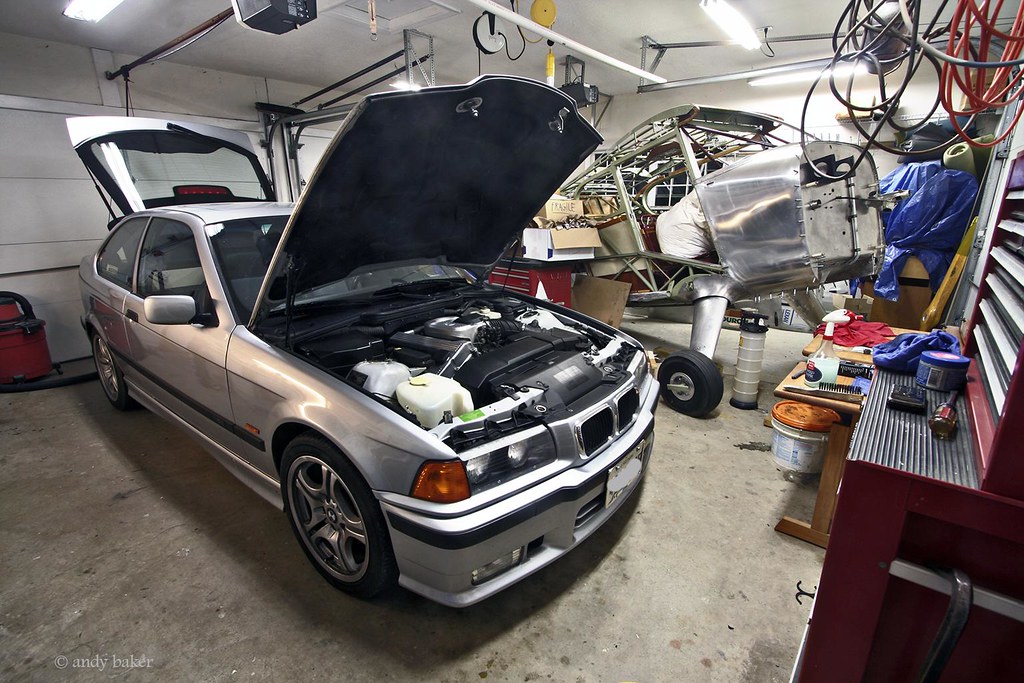Important Factors To Consider for Selecting the Best Engine for Your Demands
In the realm of selecting the suitable engine to fulfill your requirements, several important elements demand thorough consideration to ensure optimal performance and effectiveness. From the nuanced balance in between power and efficiency to the often-overlooked aspects of maintenance and solution requirements, each element plays an essential duty in determining the most suitable engine for your particular requirements.
Power and Performance
When examining engines for ideal efficiency, it is important to prioritize both power outcome and effectiveness. Power output measures the ability of an engine to generate power, which straight influences its efficiency. A high power outcome is vital for demanding tasks such as high-speed demands or durable applications. It guarantees that the engine can handle the workload properly and successfully. Power alone is not enough; effectiveness plays a significant duty in establishing the general performance of an engine. Performance describes how well the engine transforms fuel right into functional energy. A more reliable engine will certainly deliver far better mileage, reduced discharges, and reduced operating expense. Striking the ideal balance in between power result and effectiveness is key to picking an engine that meets your details requirements. When making this decision, it is vital to take into consideration aspects such as the planned use of the engine, ecological impact, and long-term price ramifications. By very carefully evaluating both power and efficiency, you can pick an engine that provides optimum performance and satisfies your demands properly.
Fuel Performance and Economic Situation
Fuel efficiency refers to the engine's capability to transform gas into power with minimal waste, directly influencing operating prices and environmental sustainability. Engines with greater fuel performance not only reduce gas costs but also reduce carbon discharges, adding to a greener operation.

Compatibility and Application
Considering the gas performance and economic situation of an engine, the next vital element to address is its compatibility and application within specific operational contexts. Compatibility refers to just how well the engine integrates with the general system or equipment it powers.
In addition, the application of the engine is similarly essential. Different engines are made for certain purposes, whether it be commercial equipment, marine vessels, cars, or power generators. Comprehending the desired application permits for the selection of an engine that can provide the needed power outcome, torque, and operational features. A high-revving engine designed for performance vehicles would certainly not be suitable for heavy-duty building and construction equipment that requires high torque at low speeds.
Maintenance and Solution Requirements
Maintenance and service needs play a critical function in making sure the long life and ideal efficiency of an engine. Normal upkeep is important to avoid breakdowns, extend the life-span of the engine, and maintain its efficiency. When choosing an engine, it is essential to take into consideration the supplier's advised maintenance routine and the schedule of service facilities or qualified specialists.
Variables such as the frequency of oil modifications, filter replacements, and general evaluations can dramatically affect about his the engine's efficiency. Some engines might call for even more constant maintenance based upon their style and use, while others might have longer navigate here periods in between maintenance checks. It is important to stick to these solution needs to prevent expensive fixings and unforeseen downtime.

Expense and Budget Factors To Consider
When choosing an engine for a specific application,Budget plan restraints typically play a significant duty in the decision-making process. When thinking about the price and budget effects of selecting an engine, it is necessary to evaluate not just the first purchase rate however likewise the lasting expenditures connected with upkeep, gas consumption, and prospective upgrades or fixings. It is important to strike an equilibrium in between the ahead of time expense of the engine and its total lifecycle costs to make certain that the chosen engine stays monetarily sustainable throughout its operational lifespan.
Factors such as gas informative post durability, performance, and reliability can directly influence the total price of ownership of an engine. While an extra pricey engine may have greater in advance expenses, it can possibly result in lower maintenance and gas expenses over time, thus offering much better worth in the long run.
Verdict

Fuel effectiveness refers to the engine's capacity to transform fuel into energy with marginal waste, directly affecting operating expenses and ecological sustainability.Factors influencing gas performance include engine design, combustion effectiveness, and general performance optimization. Furthermore, selecting the proper gas type and grade as suggested by the engine maker can better enhance efficiency and extend engine life expectancy.
Engines with great use attributes and conveniently offered components can reduce maintenance costs and reduce the time the engine is out of operation - bmw 318ti. It is vital to strike a balance between the in advance expense of the engine and its general lifecycle expenses to make sure that the selected engine stays economically sustainable throughout its operational life-span